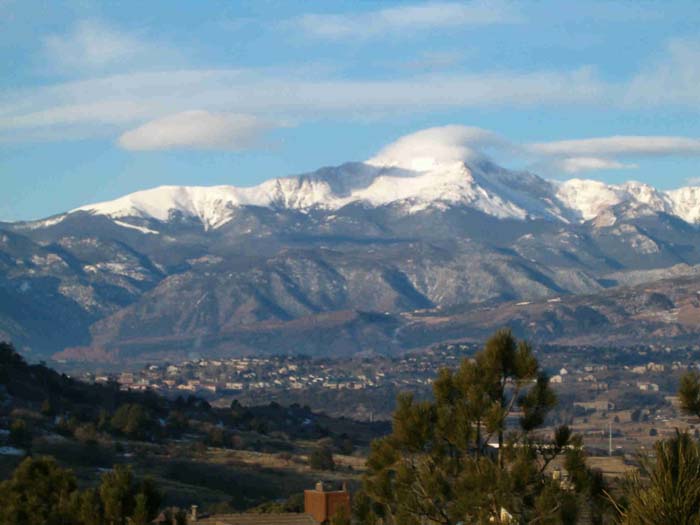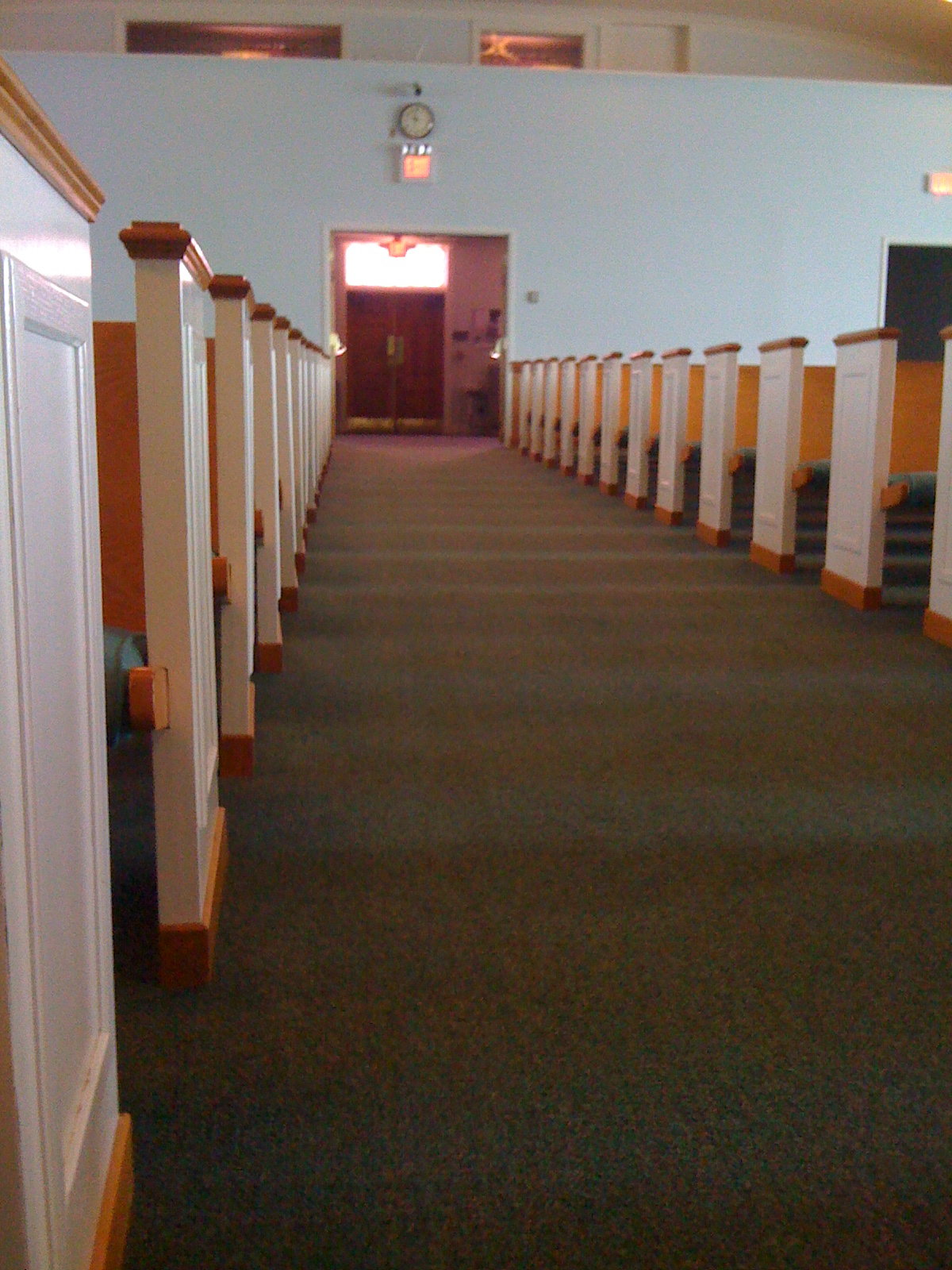"Throw-Away" Chapters? (originally published on September 9)
There are many chapters and verses in the Bible that are those “oh, no!” chapters. These are the ones that, when you are trying to complete your daily Bible reading, you hope and pray are not the last chapter you have to read. These are the chapters that contain name after name after name. Kids dread them for Bible Bowl study and adults don’t usually care for them much, either.
Working on some material on the book of Nehemiah, which contains a chapter that seems to have very little relevence, Adam came up with some points to remember. Chapter 3 of Nehemiah lists all the workers on the wall and the gates they worked toward. Does this chapter have any relevance? This is a rough copy of chapter three of my book on Nehemiah. Preachers and youth ministers, feel free to use this material for a lesson or devotional sometime.
Has your teacher ever assigned your class “group work”? That’s when you form groups of 3 or 4 and try to complete an assignment or project together. As a former teacher, I can tell you that there is a lot of good that can come about from these projects. One of the main positives that come from group work is something that most people don’t think about, however. It is that the entire class usually gets more done than if they work individually. That may sound crazy, but it’s true.
The reason it works is really very simple. The class is organized into groups that know the task (or tasks) they are to complete. Then, if they are smart, each group will organize the large task into several smaller tasks and each person will know what he or she is to do. The key word is pretty easy to figure out, isn’t it? It’s organization. When we are organized, we can get much more accomplished.
It can be difficult to figure out why the third chapter of the book of Nehemiah is included in the story. It seems like it is just a bunch of names of people and gates. Many of the names are very difficult to pronounce (try pronouncing Hassenaah and Col-Hozeh, for example), and the chapter can seem to be very repetitive. However, this chapter serves a major purpose in the book of Nehemiah.
To understand why, we need to understand the importance of walls to ancient cities. Read through the Old Testament and you are going to see that every major city had a wall. Do you remember how the Israelites defeated the city of Jericho when they crossed the Red Sea? “By faith the walls of Jericho fell down after they were encircled for seven days” (Hebrews 11:30, emphasis added). The walls to the city of Jericho were huge, but they were just toys compared with God’s power!
So why were walls so important to ancient cities? Here are a few reasons:
- Protection from invasion. If a city had a large, thick wall, it would be very difficult for an army to invade the city. Walls were usually quite high as well, so an army could not really think of climbing them.
- Protection from within. The reasons these walls had gates was so that a city could keep an eye on her own citizens. They would know when someone was leaving and when he or she returned. They could also see what someone was taking out with him or her and what was being brought in. In this way a city could keep watch on the residents.
- Status. The larger the wall to a city, the more important the city. While that was not always the case, it was true more often than not. If a city had a huge, thick, tall wall, it meant they had money and were also very skilled and building such structures.
- Living space. While this may seem odd, many people lived in the city walls or their houses were attached to them. In reality, these walls were the first apartment buildings like we see in large cities today. Cities in that day were not spread out over a large area for the most part like our big cities are today. So space, especially living space, was very important. One way to save space is to build up!
While all these reasons were important to the ancient cities, protection was easily the most important.
Jerusalem’s wall was lying in ruins, so the city was unprotected and it was a laughing stock when compared to other large cities that were fortified. So, while it may seem strange to us that rebuilding this wall was a big deal, it really was. It meant a lot to the city’s status. And, don’t forget that Jerusalem was the city where the temple, the place of worship, was located. Having protection around the temple would have been extremely important as well.
So, why this chapter with all these names? This chapter shows us how the work was divided up. The city of Jerusalem had 10 gates, and the work was divided up around these gates. With smaller groups working from gate to gate, the work was sure to go faster.
But there is something else that is seen in this division of labor. Notice what types of people are seen working together. There are priests, perfumers, leaders, servants, nobles and many others. When these people were motivated to work, they laid aside their ideas as to what kind of people were important and they simply worked together!
While this chapter may seem simple, there are several lessons we can learn from it in our day and time. While we are not trying to rebuild a city’s wall, we are still trying to accomplish very important work. We are supposed to be fulfilling the Great Commission (see Matthew 28:18-20 and Mark 16:15-16). To reach the billions of people in the world, however, takes all of us working together! What are some lessons we can learn from this chapter that can help us fulfill the Great Commission?
- First, we need to be organized. While we are supposed to teach every person the Gospel “as we go” (Matthew 28:19), there are neighborhoods, cities and nations with no one to teach them the Gospel. When trying to reach such large numbers of people, we must have a plan and work the plan to the best of our ability.
- Second, we need to lay aside our petty differences and work together. We like to preach that we are unified, but many times we are not. We have things come up that tear us apart and make us see the differences we have instead of the similarities. It shouldn’t matter if a Christian is rich or poor. It shouldn’t matter what type of car he or she drives. It shouldn’t matter if he or she wears the best clothing or not. Sadly, however, many teenagers only seem to care about those things. We need young people who will truly unite and work together in spreading the Gospel!
- Third, start with the wall! The wall was the protecting force from all outside invaders. When we are trying to work together to spread the Gospel to others we might need to start by “fortifying” the teachers—us! Many times Satan likes to attack when we are trying our very best to do what is right. He might tempt us with arrogance and pride, or he might set an old temptation in front of us to try and weaken us. We need to study our Bibles, pray and grow together as a group and we will have a “wall of protection” around us as we strive to teach others.
- Fourth, do what you can do. How many times have you heard sermons, Bible class lessons and devotional talks designed to help you realize the importance of using the talents with which God has blessed you? In your own study, look through chapter 3 and notice all the different jobs that had to be done. The writer of Nehemiah (most people believe it was Ezra who wrote the book), took the time to list many different people doing many different jobs. It seems logical to imply that these people were doing something they were good at and it all worked together for the best. When people think about spreading the Gospel, especially in other cities and countries, they only think about publicly preaching from a pulpit. However, there are dozens of other things that need to be done and each is an area where true God-given talent is needed. For example,
–In many parts of the world, i
ncluding our own, personal evangelism works very well. You may be good at holding a one-on-one or small group study.
–Are you a writer? The “printed page” is still an exceptionally effective way of reaching lost souls. In places like Western Africa, literally thousands are taught and converted each year through tracts and articles. Develop the talent to write and “team up” with a public speaker.
–Maybe you have talent as an artist or in making crafts. There are many people who respond favorably to good visual aids or making things to help teach a lesson. Of course, this is one of the most effective ways to teach small children and people throughout the world who cannot read. It is my personal feeling that an evangelistic “team” should include at least one person whose main job is helping with art projects. It can also be one of the most important aspects of a local congregation’s Bible school program.
–Do you have an interest in media work? Maybe you love working with computers, or you have a desire to be a radio DJ. There is a place for you in spreading the Gospel as well. Congregations and mission works need good websites. The radio is still a great way to reach huge audiences in very little time. In places like Southeastern Asia, tens of thousands each year send requests to set up a study of the Bible because men and women use their talents on the radio. Also, television is very effective. You may want to work for a TV station some day. Why not set your sights on working for the Gospel Broadcast Network (a 24-hour per day, 7-day per week television station under the oversight of the Highland church of Christ in Dalton, Georgia)?
With all these needs in mind, can you begin to picture the day when every person has been taught the Gospel? Your talents can be used! While building the wall in Jerusalem was a huge task and took many people, reaching the world for Jesus Christ is going to take every Christian using his or her talents. Will you help?


